Šarac
The story of Ranko Mijatović, known as “Šarac”, as a symbol of the war generation with a clear post-traumatic disorder
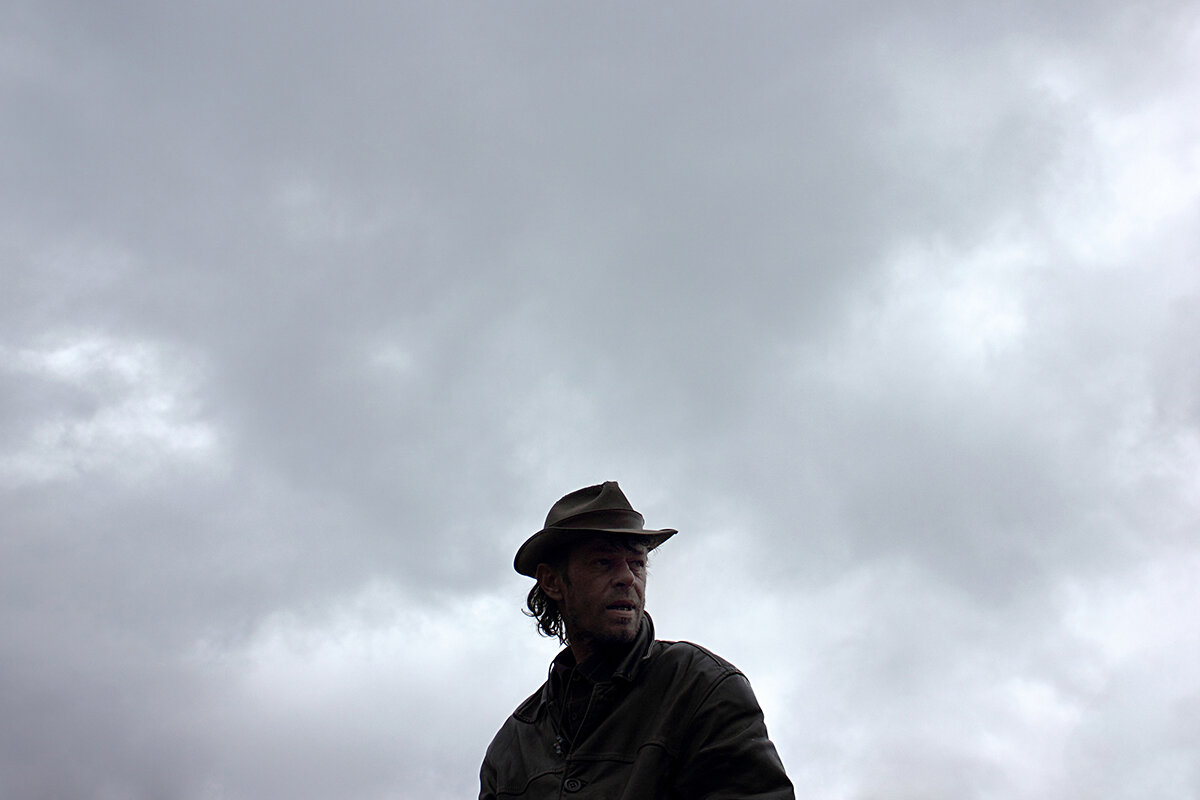
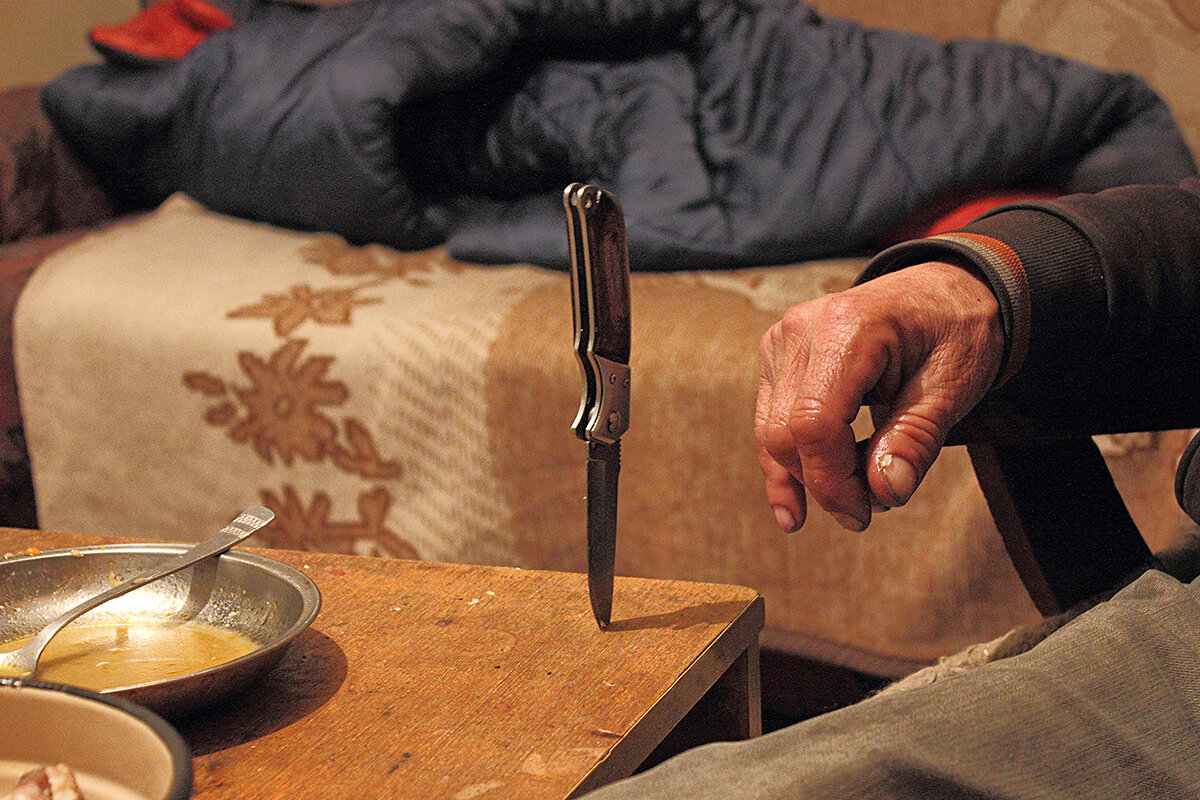
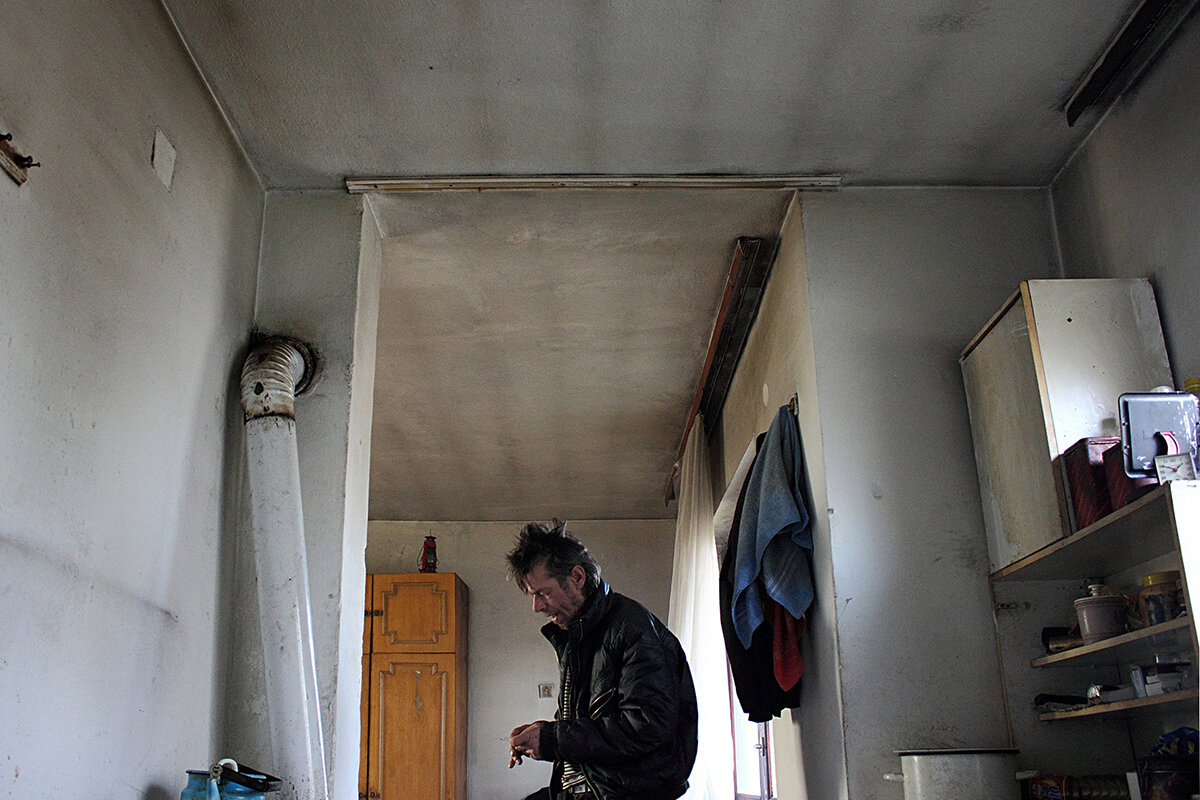

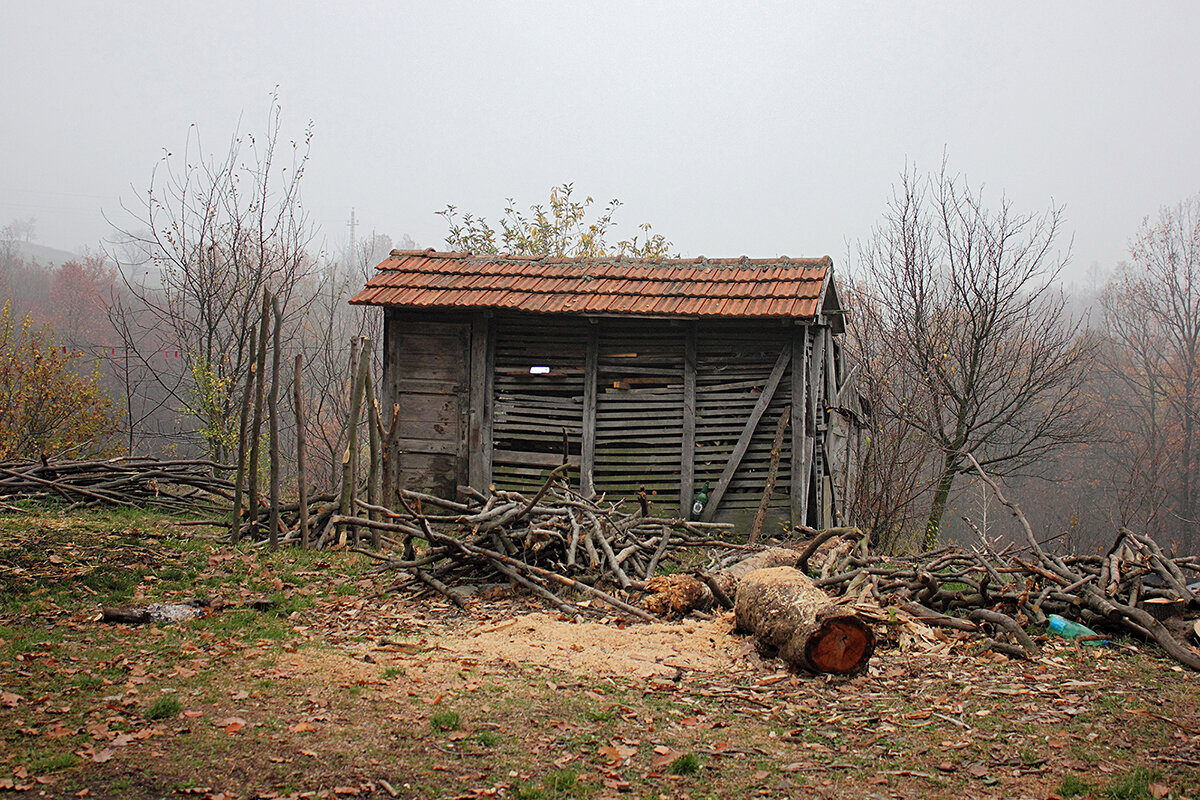




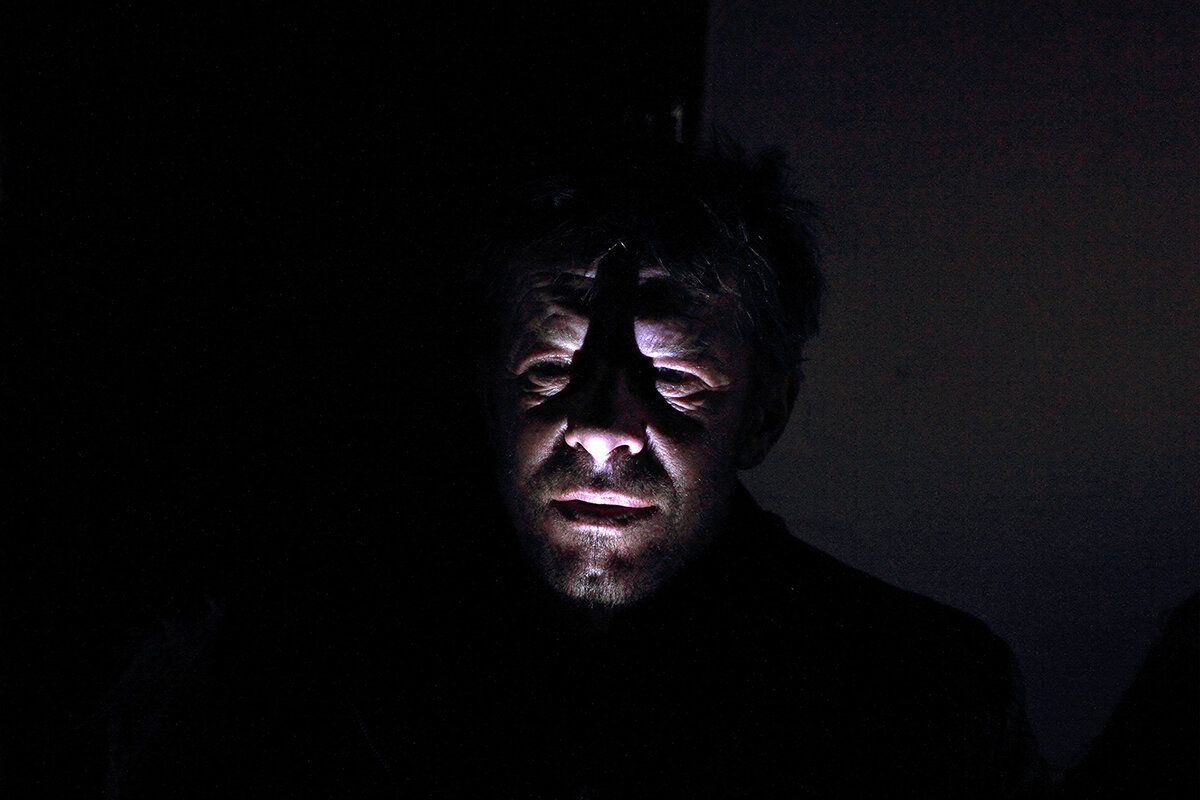
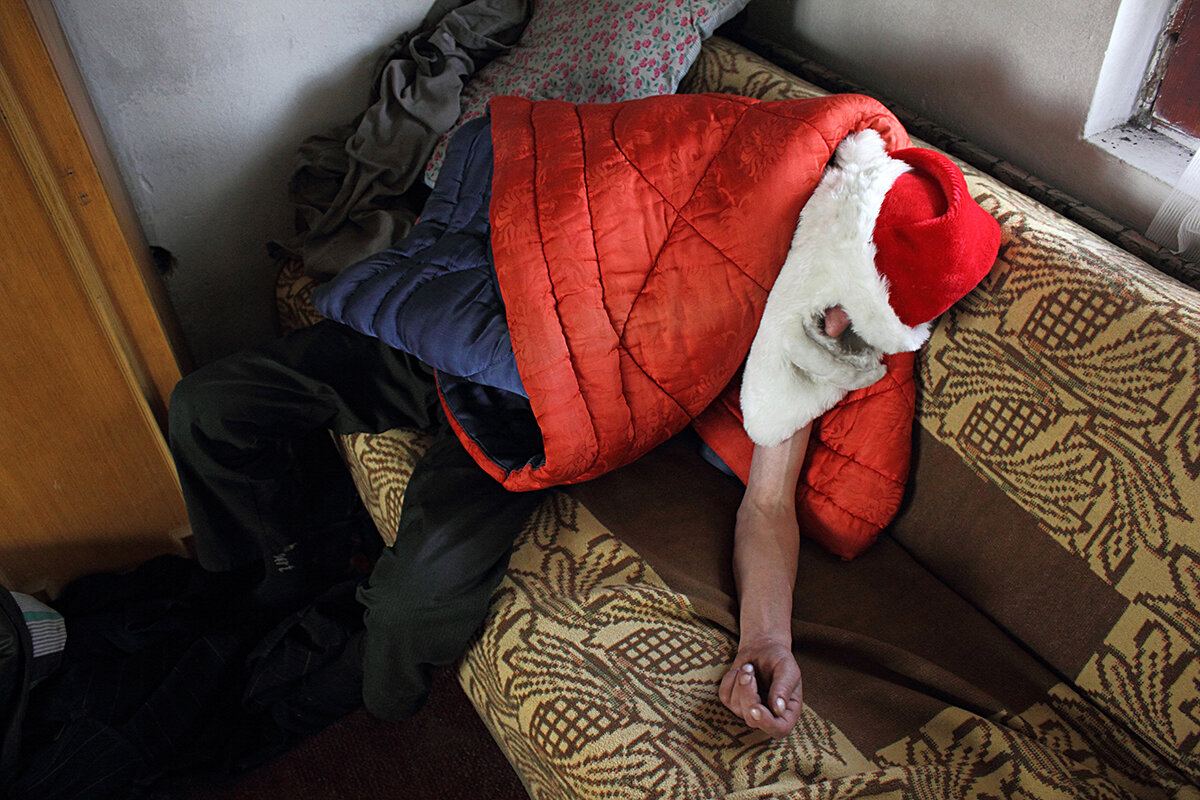
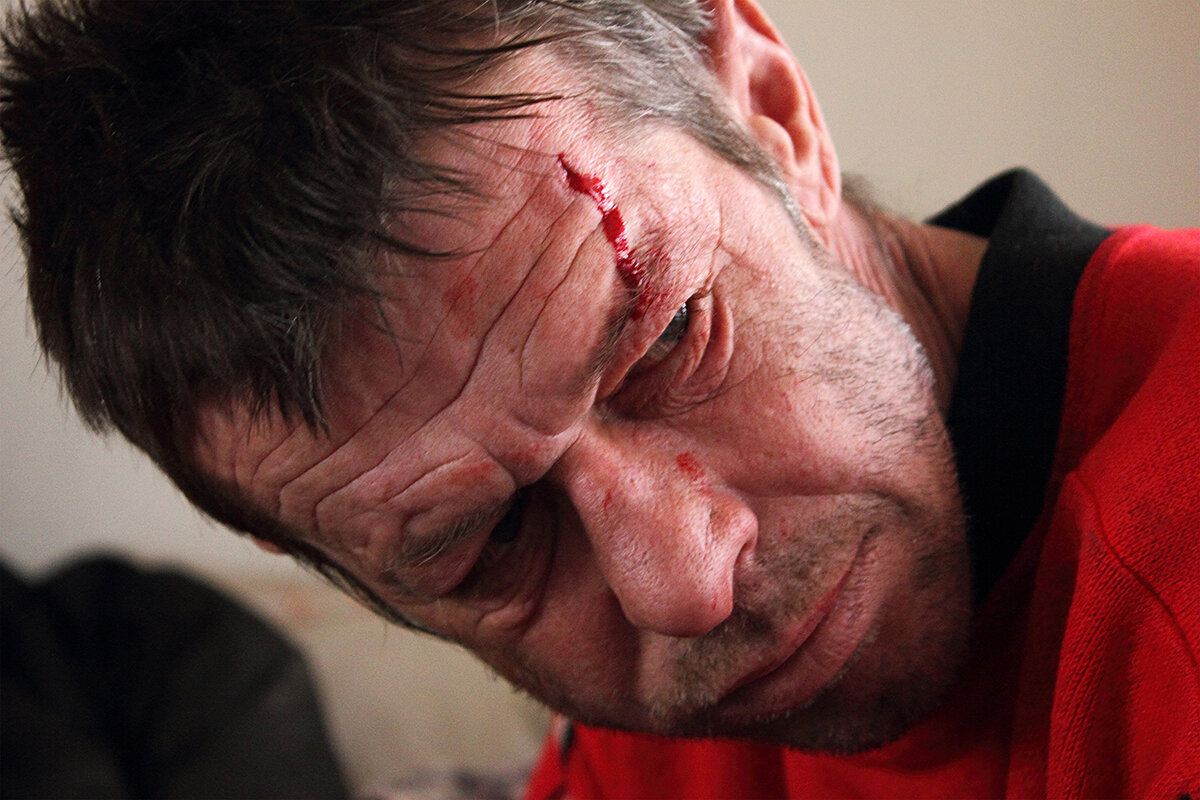

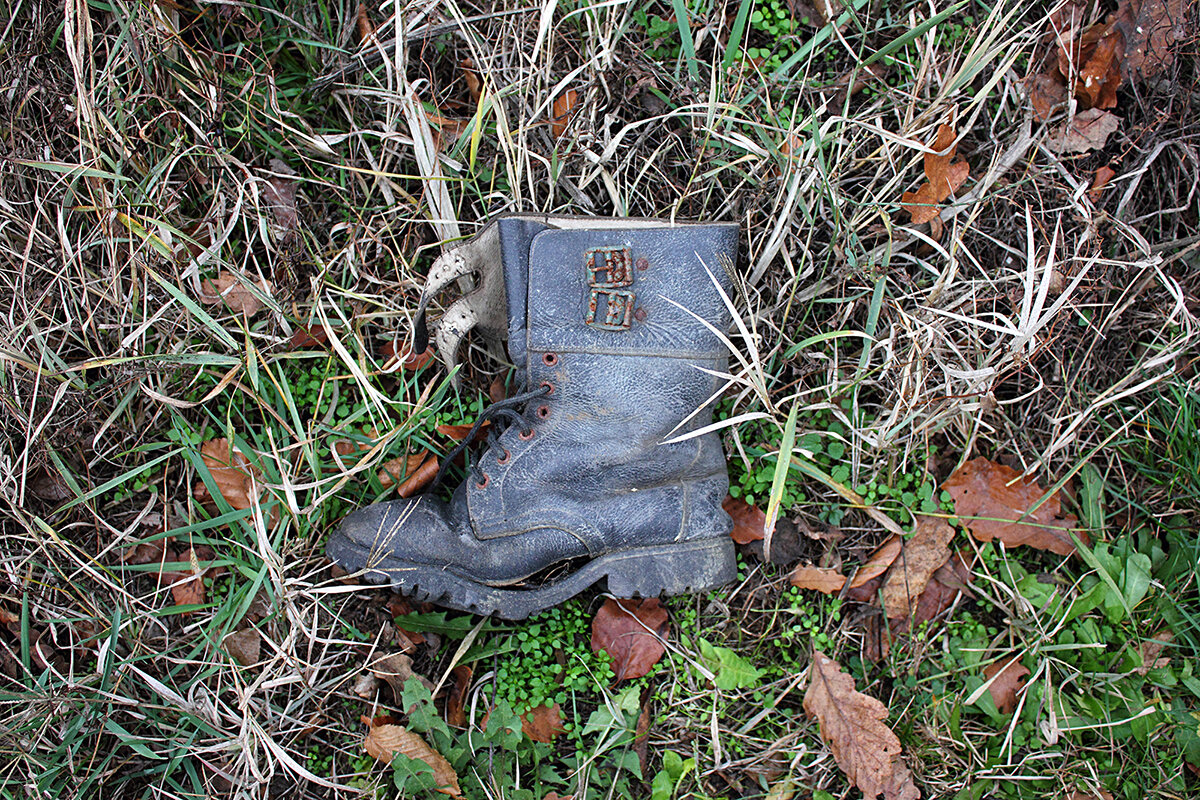
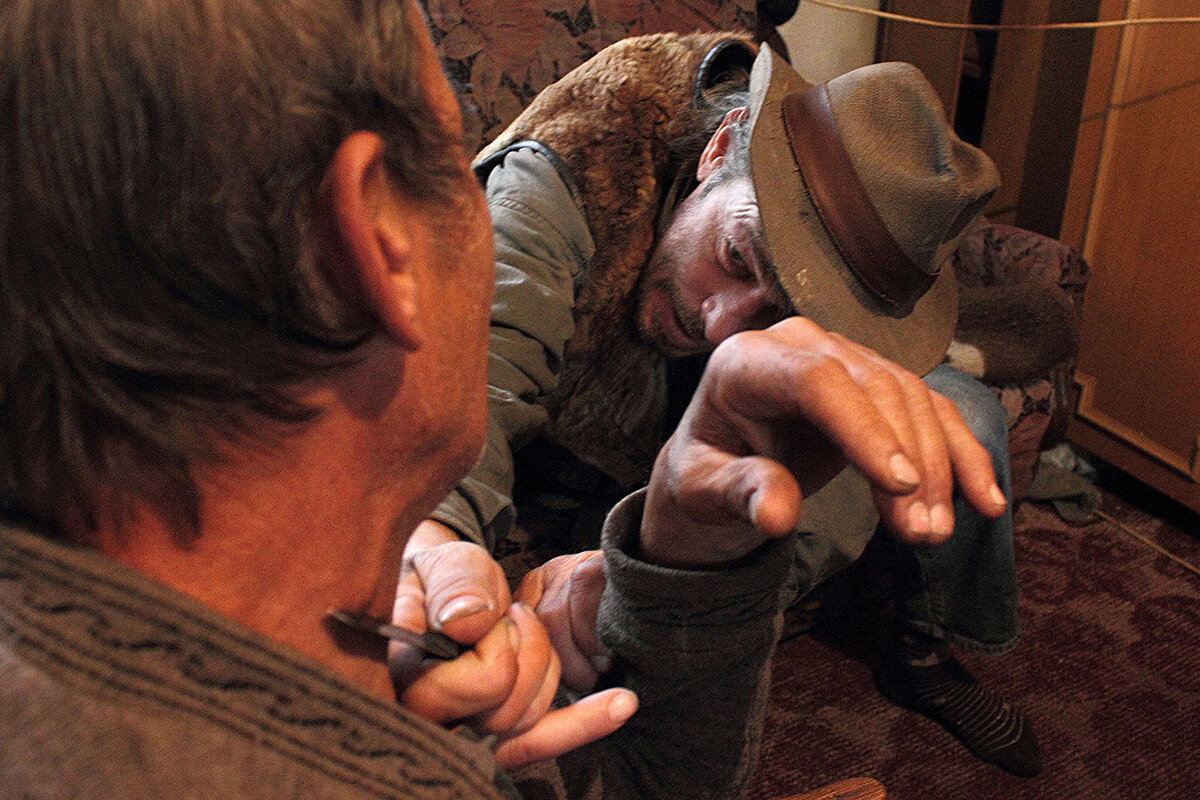

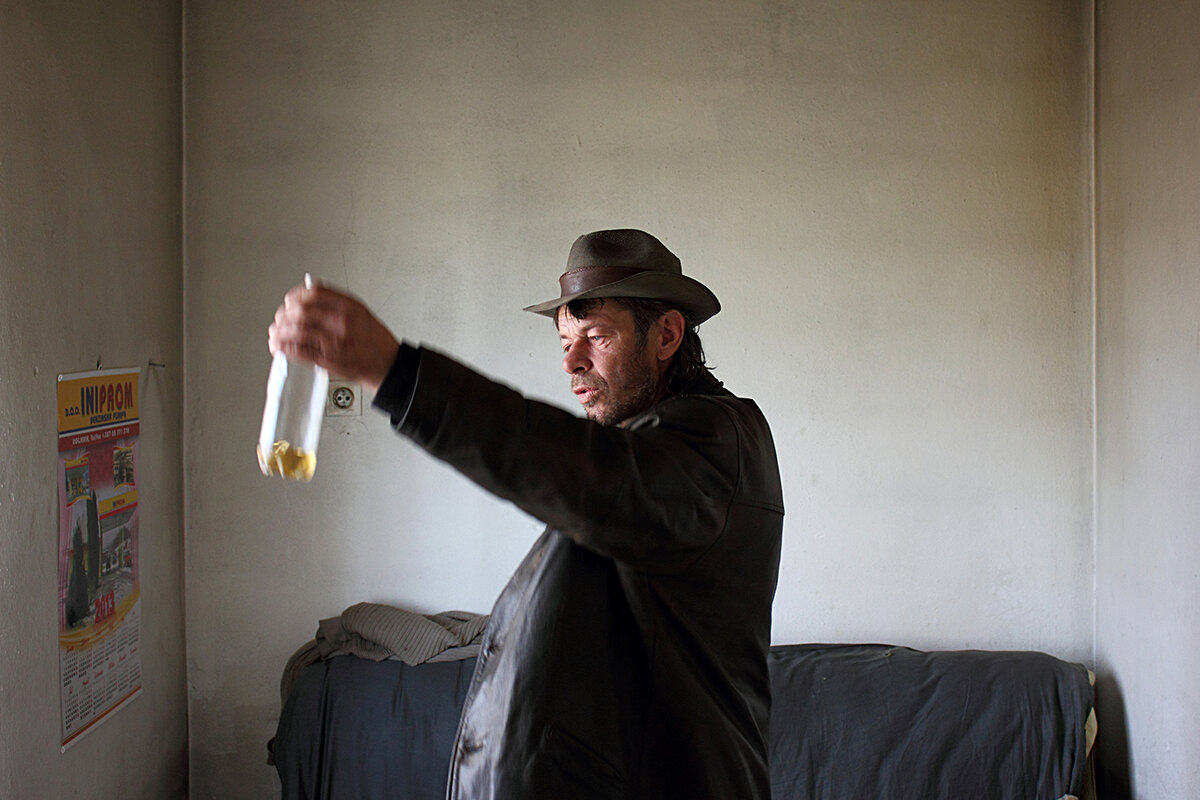
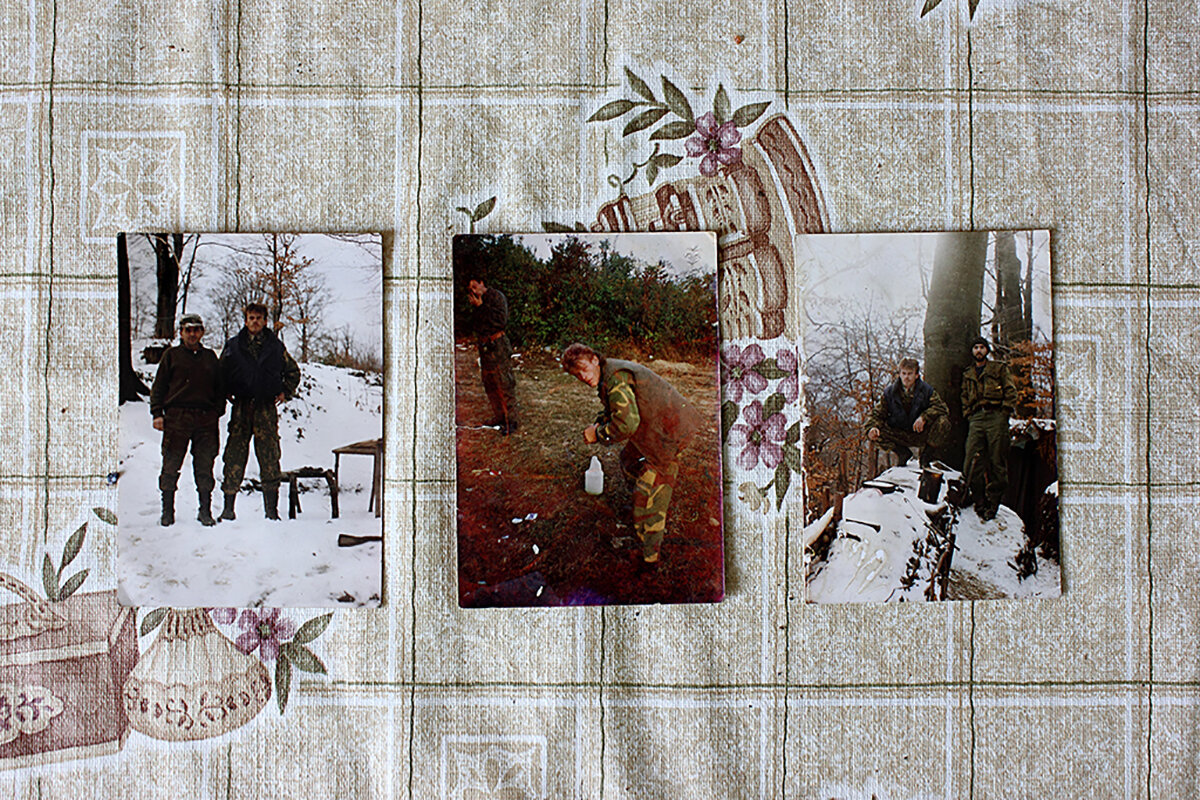
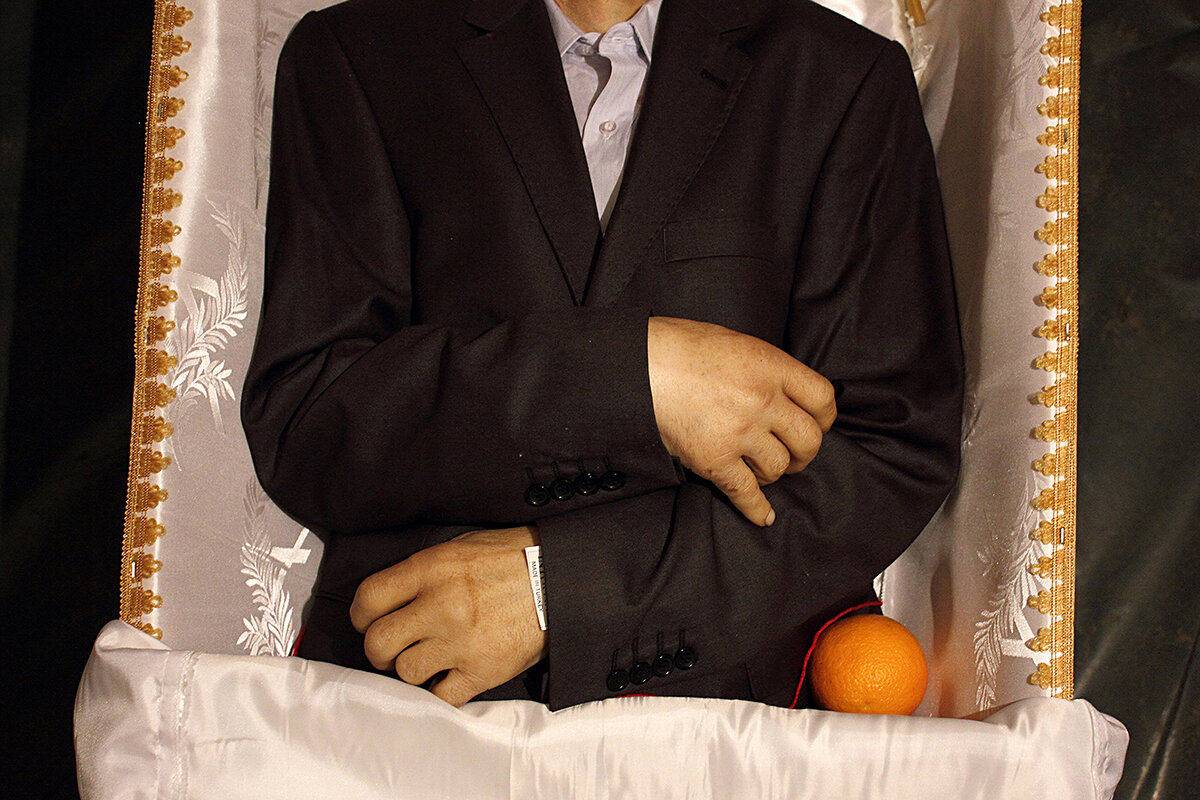

After the war, the inhabitants of the former Yugoslav Republic of Bosnia and Herzegovina remained in a common state, and the number of people who lost their lives during the war has not yet been determined. Years after the end of the conflict, the tragedy and drama of ordinary people persisted. For many people, the present is no better, even though the fires of guns became silent long ago. From a relatively peaceful Yugoslav society, a whole host of unlucky people were born everywhere. The list defeats imagination and misery goes beyond reason. The man who follows these photos in one such environment. In the company and in the vicinity of those who have gone nowhere and who are left to bear on their skin all the troubles of life which, do not stagnate, but, perhaps, flow backward. A life that knows how far from sight and the world, a life that has essentially degraded to such an extent that it only seems to make sense to die there. In a word, left in a life devoid of true serenity.
Ranko Mijatović – Šarac is a symbol of the war generation with a clear post-traumatic disorder. Time does not pass, and conflict is eternal. Once shared ideals now cease to exist. Even to Sarac. Living in constant fear and fighting the never-ending battle with PTSD left him unaware of the present and uninterested in the future. It was important for him to keep his life, whatever it was, hidden or even unnoticed. Ranko was born in the late 1960s in the village of Mezgraja, in the northern part of Bosnia, as a middle child, in addition to his older brother and sister. Before and during filming, little was left of him to find out more about his childhood. For the most part, he would quickly organize his ancient memories into the two themes he stayed closest to: music and war. He got married before the war, and the end of the marriage came just before the end of the war. There were four divorced marriages. Sarac and Norberta had two children, of whom Norberta brought her younger, just-born daughter to Zagreb. After all these years, a reunion took place, brief and not so decisive for anyone from a long-divorced family.
Šarac, by its appearance, stood as the epitome of war ruin. One of those that has little notice of the passage of time. What happened to others was mostly on a smaller scale. He saw traces of a bygone era in one of his pernicious arms. But more than that: the ideals of a fallen socialist giant and a sense of value from a bygone era. All of this was preserved in some traces, the torn pieces behind which only the breath of the stopped past was heard. Such a life flowed without flow, without future and hope. Sharac endured the fate of a man who constantly and excessively sought exit and oblivion in alcohol to ward off trouble, a man who had come of age with his father in a dilapidated house, whose family was permanently divorced, and who, most of all, feared not to he dies alone. On one occasion he said: God, I’m coming, don’t worry.